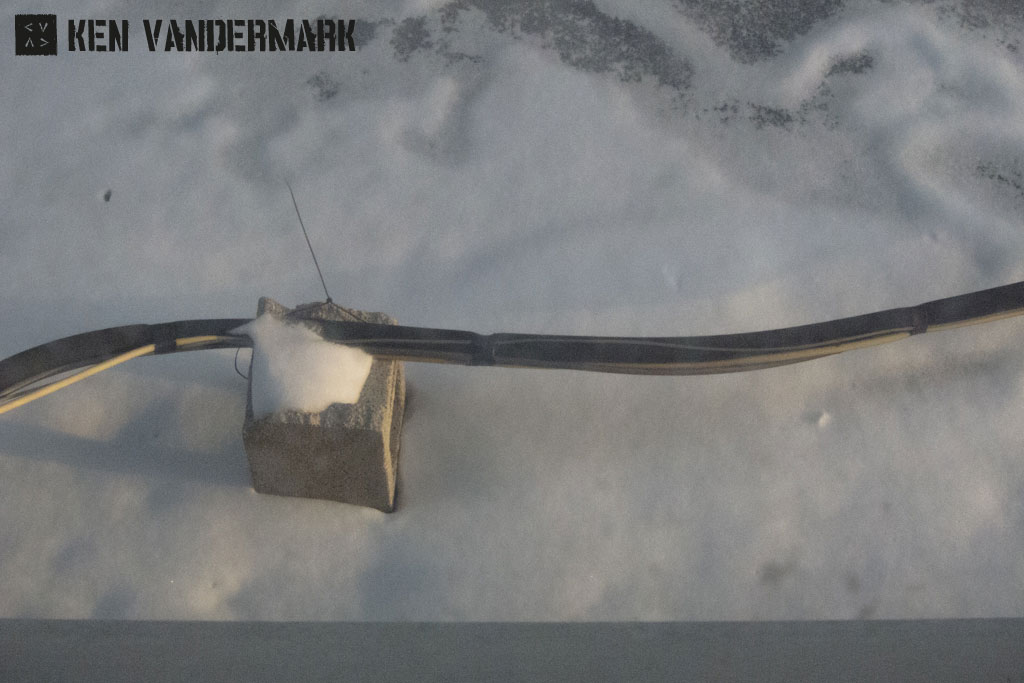

People frequently ask if it’s better to tour in Europe and I always say no, that aside from the fact that there’s more money available through government arts support and festivals, in many ways it’s the same. Since there are hardly any festivals in the United States that focus on the kind of music I play, and which have any kind of budget (I need to go to Canada for those North American opportunities), all the music is usually performed in small venues by presenters who don’t receive any funding for the work that they do. This means that I am paid about three times more for comparable work in Europe. Otherwise, aside from festivals, the audience turnouts are almost identical in their numbers and demographics, and if you remove the subsidy money from the equation the net economic result is nearly the same. Another similarity between North America and Europe is that the best gigs are organized by presenters who really care about the music and the players. The experience for the musicians isn’t only based on the size of the city, it’s based on the motivations of the people involved with the concerts. This is why the last two performances on the Vandermark 5 tour were so enjoyable for the band.
In Knoxville, Tennessee, we had two thirds of the number of people and made about two thirds the amount of money as we did in New York, but we stayed with friends who put us up in their home and fed us like kings (THANKS Margaret and Van!). This saved about $300 is overhead expenses and, more importantly, made us feel like human beings again. In Lexington, Kentucky, the presenter (Ross Compton) has figured out a way to bring world class music ensembles to a smaller college town to play to enthusiastic audiences for the last several years, paying the bands fairly and treating them with complete respect. It’s a place on the road in the U.S. that the musicians always look forward to, and it’s situations like this that will help the music survive, whether in Europe (as the funding starts to disappear through policies instigated by the E.U. that follow the United States economic model), or in the my own country where there has hardly ever been enough financial support for the arts.
-Ken Vandermark, Chicago, 2/10/06
© 2024 Ken Vandermark – musician & composer | Disclaimer